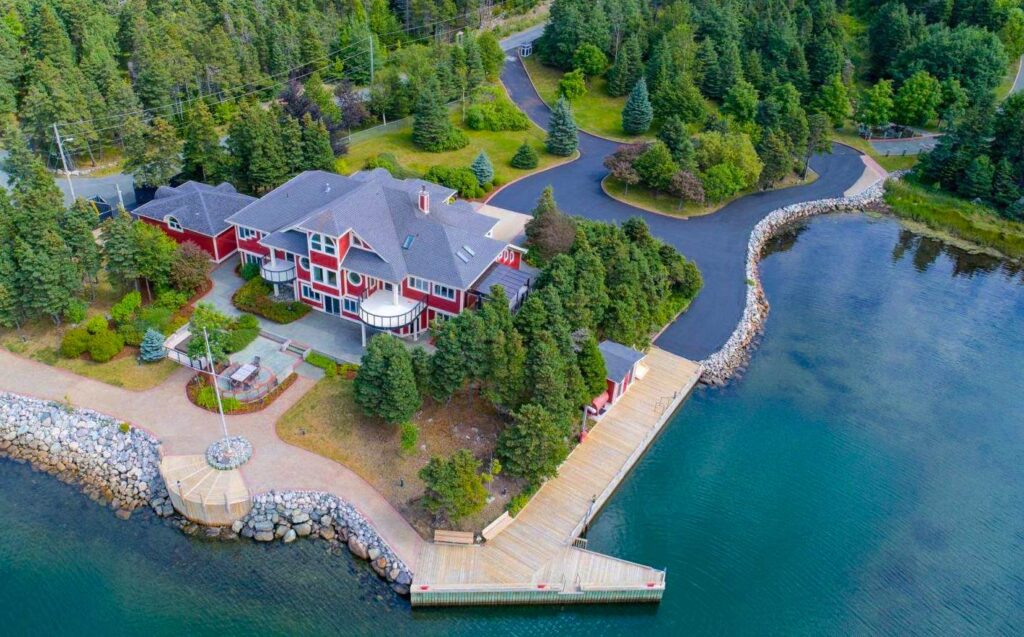
But I wondered if learning about the descendants of this island might help me consider and navigate the experience of being a mixed-race person in this very white state. I knew that I could not lay claim to Malaga’s history: I am neither Black nor a Mainer. There were other people here once, living on an island twenty-five minutes away from my predominantly white town, people who confounded the essentialist ideas of race I kept encountering. Then, sifting through old issues at the Portland Press Herald, the newspaper where I worked, I found Malaga. If I could find an exact story to match my complexity, perhaps I, too, could fit into a larger narrative, make sense of the world around me. The world often presented narratives of race as monoliths-Black, white, brown-but I found fewer lampposts for being mixed-race.

How many times could I splice myself on the basis of imagined biological facts and the cultural codes they carried? They are constructs, and yet I molded myself around them, every day. But inwardly, I found myself obsessed with quantifying my own identity: half-white, half-brown, part-Indian, mostly American, not Hindu, raised Christian, speaks broken Arabic no, not Muslim either. “My mom’s from India,” I grew accustomed to saying, and leaving it at that. The answer is neither linear nor easy to weave into casual conversation. The questions were always variations of the same: Where are you from? And why are you here? Yet it was here, not in Texas, that I found myself confronted by carefully couched questions while I was waiting tables or reporting for the local paper. This history is a part of everyday life at Bowdoin: To enter campus from downtown Brunswick, you pass a statue of Chamberlain in a town plaza outside the campus gate and historians seem sure that Brunswick was a stop on the Underground Railroad.

I was startled to view the coastline, to see the pines open up before me, to know a landscape that is both vast and deep.Īlthough it is often said that there are “two Maines,” there is an abundance of progressive history here: Harriet Beecher Stowe wrote much of Uncle Tom’s Cabin in the white clapboard house at 63 Federal Street, which the College now owns one story claims that she read passages to celebrated Union general Joshua Chamberlain, Class of 1852, the war hero, Maine governor, and Bowdoin president who was known for his valor at the Battle of Gettysburg. I came to Maine for college, a girl who shaded in the bubble for “two or more races” on the SAT, who left Texas for the whitest state in the nation.
RESIDENTS OF CAPITAL ISLAND MAINE ALEXANDRA COLBURN HOW TO
For those whose connections to the place run deep, the story of Darling’s granddaughters and their families is a tale of a quiet island community, “dyed in the wool,” that subsisted on what the Atlantic could offer and committed to teaching their children how to read, write, and eke out a life from the sea.Īt the site of a well that was used by Malaga residents, its water now gives life to a community of ferns. Intermarriage was illegal, but the white mainlanders of nearby Phippsburg pretended not to notice-at least in the beginning. Originally home to those granddaughters and Darling’s other mixed-race descendants, the island soon blossomed into a multiracial fishing community. Fifty years passed, and the Civil War had reached its end by the time Darling’s granddaughters made a home on their own island, half a mile to the north of Horse, forty-one acres without a name. Eventually, he bought his own island, Horse Island. He was mauled by a bear while trying to defend his neighbor’s corn patch. A fair and upright citizen, he was a reliable worker at the local salt mill. In return for saving his life, Darling’s master granted Darling his freedom and his name, and Darling settled nearby.

It’s said that Benjamin Darling, a slave on a New England merchant ship, saved his master when the ship collided with this jagged shore in the 1790s. Broken and ancient trees stand like sentinels at the water’s edge on Malaga, keepers of its current resident, nature.


 0 kommentar(er)
0 kommentar(er)
